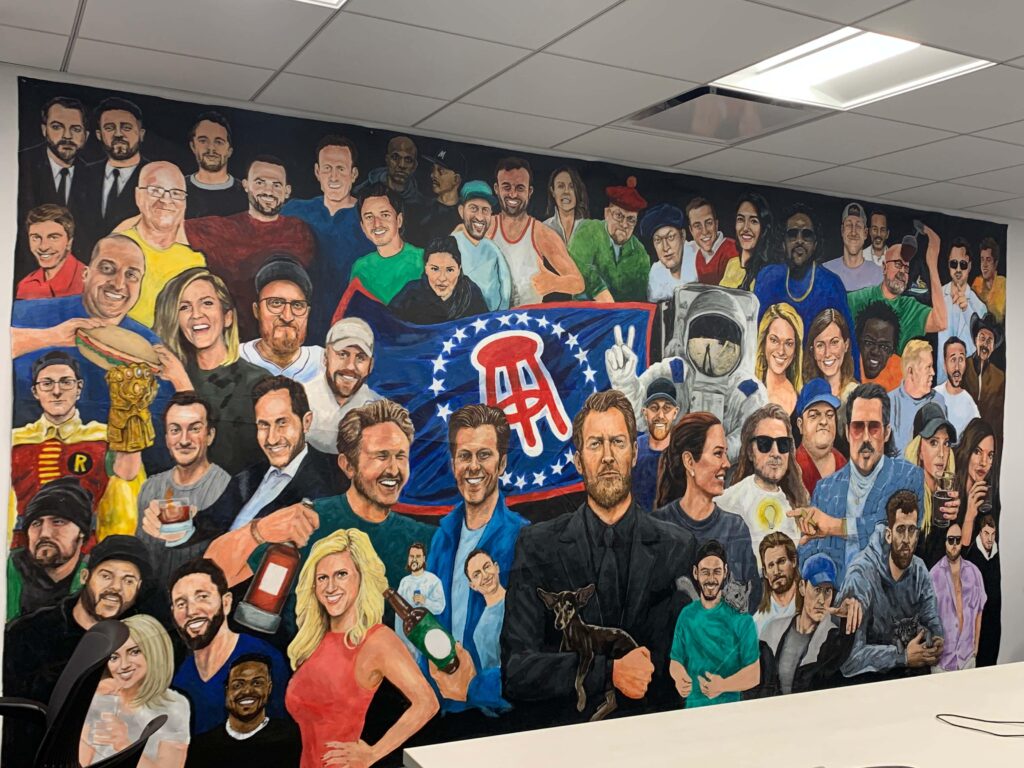In the high-stakes world of digital media, where personalities are brands and transparency is currency, Barstool Sports has emerged as a lightning rod for salary revelations and behind-the-scenes contract drama. From casual podcasts to viral social media posts, the company’s talent has repeatedly pulled back the curtain on compensation, challenging traditional industry norms and sparking widespread conversation about media workplace dynamics. This exploration delves into the moments when Barstool personalities transformed salary discussions from hushed water cooler whispers to bold, public declarations that captured audiences’ attention and challenged the unwritten rules of employment disclosure. In the world of digital media, transparency around compensation has become a hot-button issue, and Barstool Sports is no exception. Several prominent personalities have pulled back the curtain on their financial arrangements, offering rare insights into the inner workings of the controversial media company.
Dave Portnoy, the founder himself, has been notoriously open about his own financial success. While he doesn’t disclose exact numbers, he’s frequently bragged about the company’s valuation and his personal wealth, making no secret of Barstool’s lucrative business model.
Big Cat (Daniel Katz) made waves when he revealed details about his negotiation process, highlighting the unique contract structures within the organization. His candid discussions about leverage and personal brand value shed light on how top talent navigates compensation at Barstool.
Podcast host Kirk Minihane sparked significant controversy when he publicly discussed his contract negotiations, detailing specific financial terms and internal disputes. His transparency created ripples throughout the company’s ecosystem, challenging traditional media compensation secrecy.
Barstool personalities like Caleb Pressley and Francis Ellis have also shared glimpses into their compensation structures, often through podcasts and social media. These revelations showcase the company’s unconventional approach to employee compensation and contract design.
Some employees have used platforms like Twitter and their own shows to provide nuanced perspectives on their financial arrangements. These sporadic disclosures reveal a corporate culture that encourages individual brand building and entrepreneurial spirit.
The company’s unique compensation model often includes revenue sharing, performance bonuses, and opportunities for content creators to monetize their personal brands. This approach differs significantly from traditional media compensation structures.
Not all salary discussions have been amicable. Some employees have revealed tensions during contract negotiations, highlighting the competitive and sometimes confrontational nature of media employment in the digital age.
These financial revelations offer more than just numbers. They provide insights into Barstool’s organizational culture, negotiation strategies, and the evolving landscape of digital media employment.
By sharing their experiences, these personalities have contributed to a broader conversation about workplace transparency, compensation fairness, and the value of individual content creators in the modern media landscape.
While exact salary figures remain closely guarded, these glimpses offer fascinating perspectives on how a digital media powerhouse compensates its most valuable talent, creating a narrative that goes far beyond simple monetary transactions.
